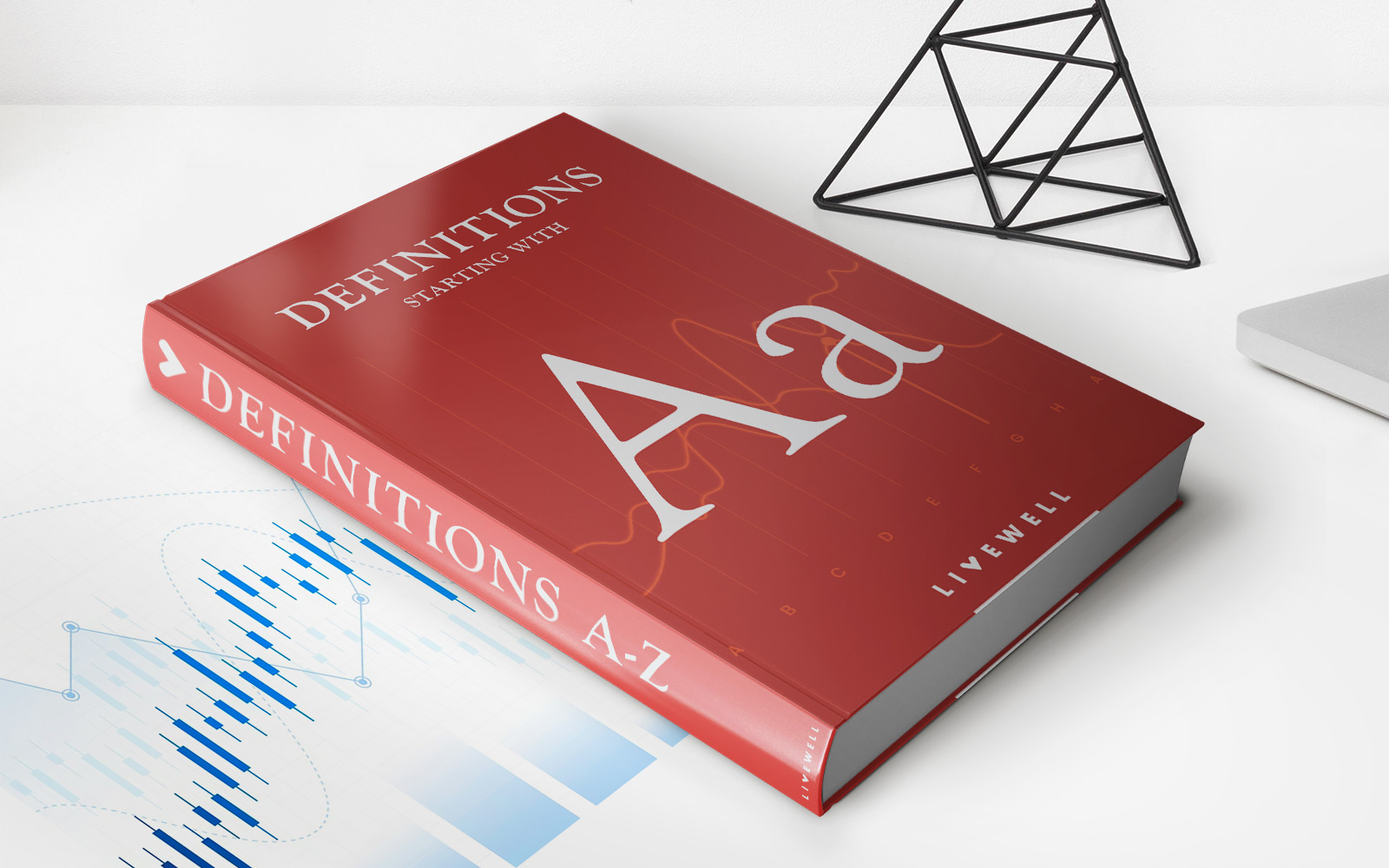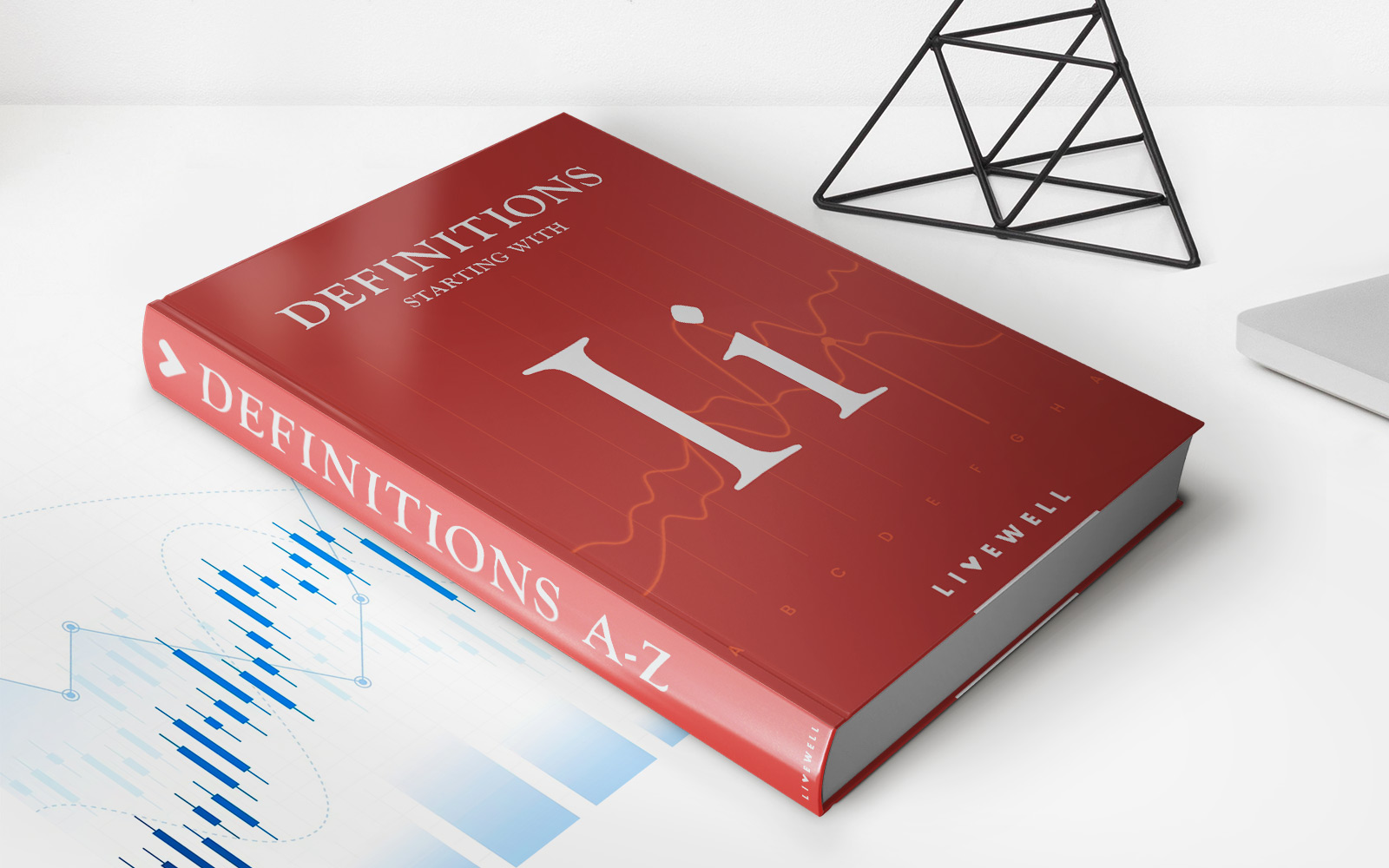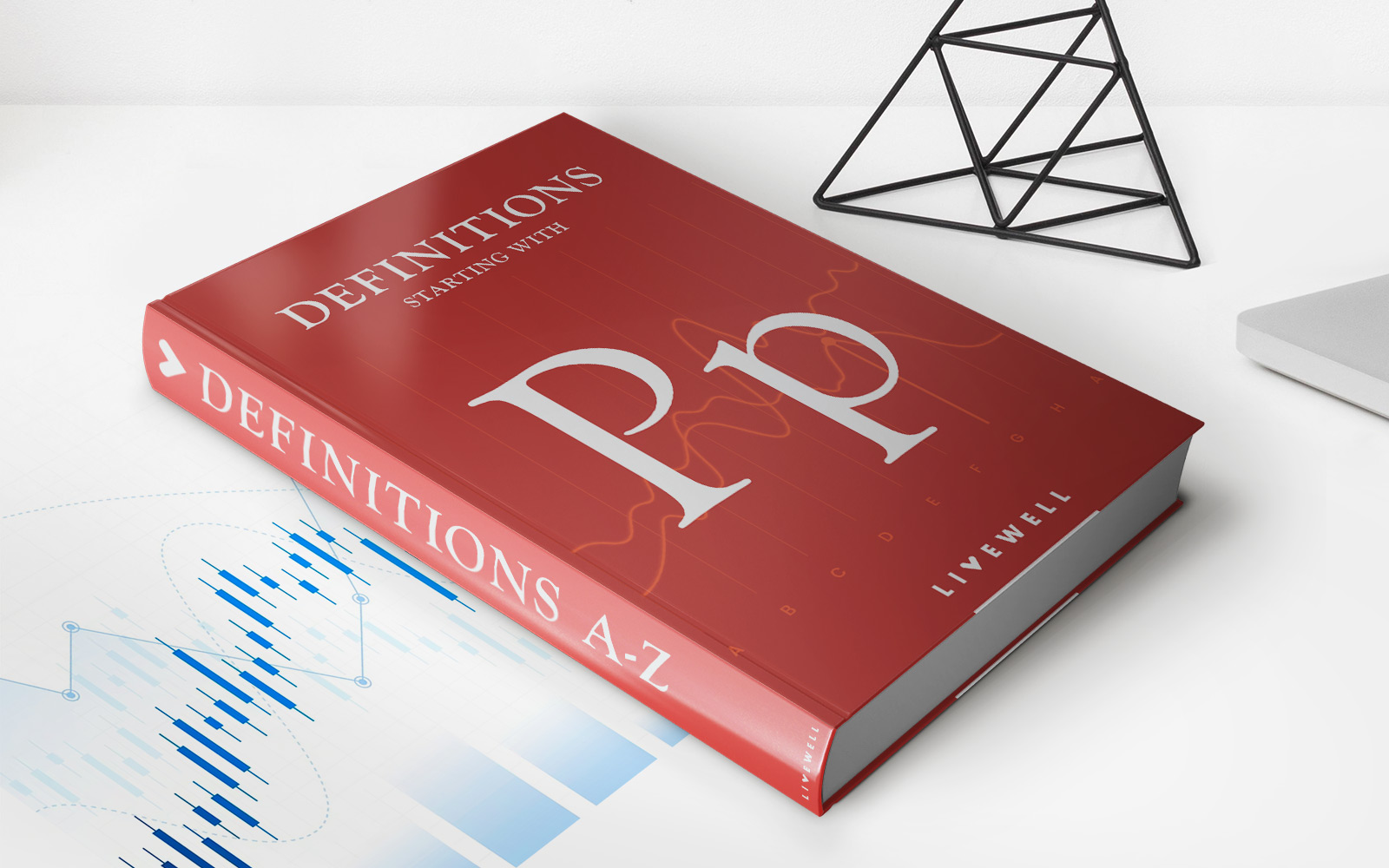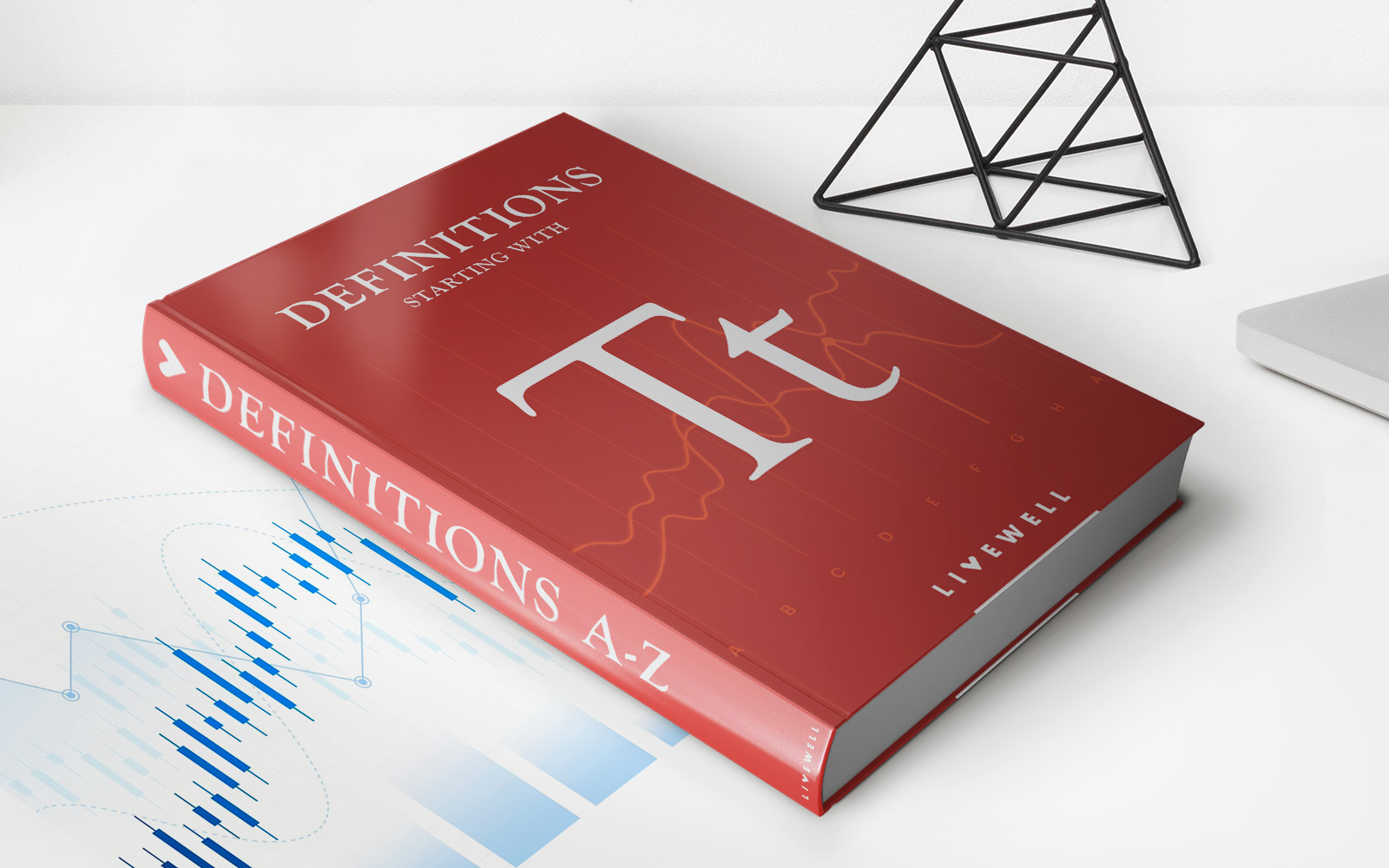

Finance
Contract Holder Definition
Published: November 2, 2023
Learn what a contract holder is in the world of finance and how they play a crucial role in managing financial agreements. Explore the definition and responsibilities of a contract holder.
(Many of the links in this article redirect to a specific reviewed product. Your purchase of these products through affiliate links helps to generate commission for LiveWell, at no extra cost. Learn more)
The Contract Holder Definition: Understanding the Basics
When it comes to finance, there are numerous terms and concepts that can often be confusing to navigate. One such term is the contract holder. If you’re unsure about what a contract holder is and what their role entails, you’ve come to the right place. In this blog post, we will delve into the contract holder definition, shedding light on its importance and implications in the financial world.
Key Takeaways:
- A contract holder is an individual or entity that holds the rights and responsibilities associated with a contract.
- The contract holder is typically the party who has entered into an agreement with another party, holding legal rights and obligations outlined in the contract.
So, what exactly is a contract holder? A contract holder can refer to an individual or an entity that holds the rights and responsibilities associated with a contract. In simpler terms, they are typically the party who has entered into an agreement with another party, holding legal rights and obligations outlined in the contract.
Now that we have a general understanding of the contract holder definition, let’s take a closer look at their role and significance in the wide realm of finance. Consider the following points:
The Role of a Contract Holder:
- Legal Rights and Responsibilities: As the contract holder, one assumes the legal rights and responsibilities outlined in the contract. This means they have the power to enforce the terms of the agreement and ensure compliance from the other party.
- Financial Implications: Contract holders are responsible for meeting their financial obligations as outlined in the contract. This could involve making payments, adhering to specific terms, or providing products or services according to the agreed-upon arrangement.
- Risk Management: When entering into a contract, the contract holder assumes a certain level of risk. It is crucial for them to understand the terms and conditions to mitigate any potential risks and protect their own interests.
- Contractual Changes: In some cases, a contract holder may need to negotiate or make changes to the existing agreement. This could be due to unforeseen circumstances or evolving business needs. However, any modifications should be done in accordance with the contract terms and legally binding regulations.
By grasping the role and responsibilities of a contract holder, individuals and businesses can better navigate financial agreements and ensure a smooth operation of their contractual commitments.
Conclusion
The contract holder definition can be summarized as the individual or entity that holds the rights and obligations associated with a contract. Understanding the role and responsibilities of a contract holder is essential for managing contractual agreements effectively. By assuming legal rights, meeting financial obligations, managing risk, and making necessary changes within the boundaries of the contract, contract holders play a vital role in the finance industry. So, whether you are an individual entering into a personal contract or a business engaging in commercial agreements, being well-versed in the concept of contract holders will undoubtedly serve you well in the complex world of finance.














